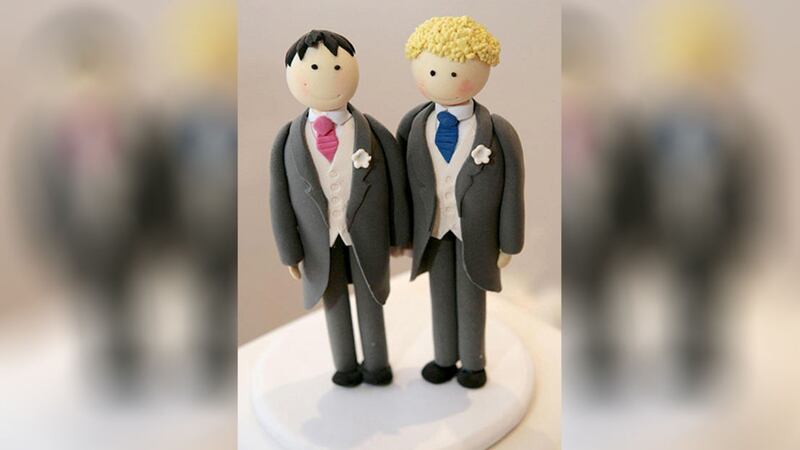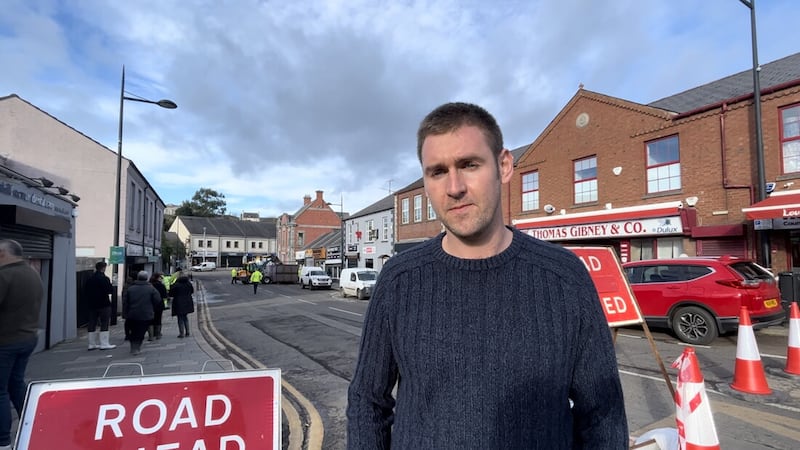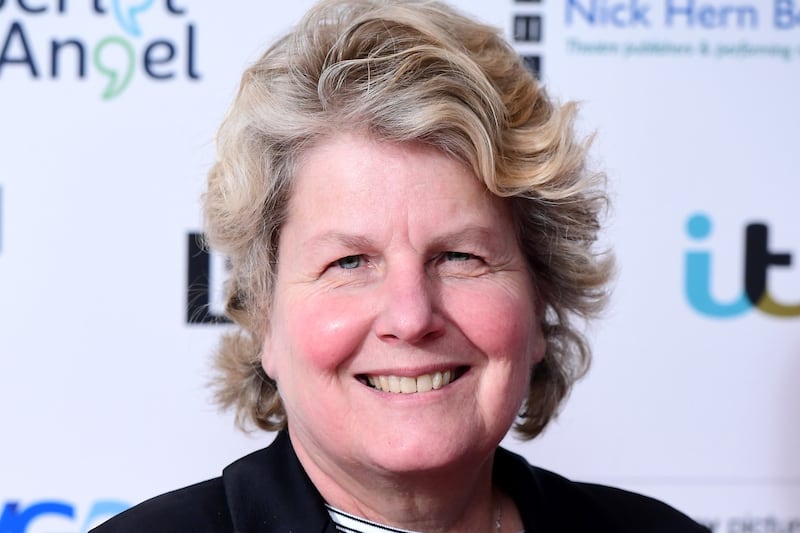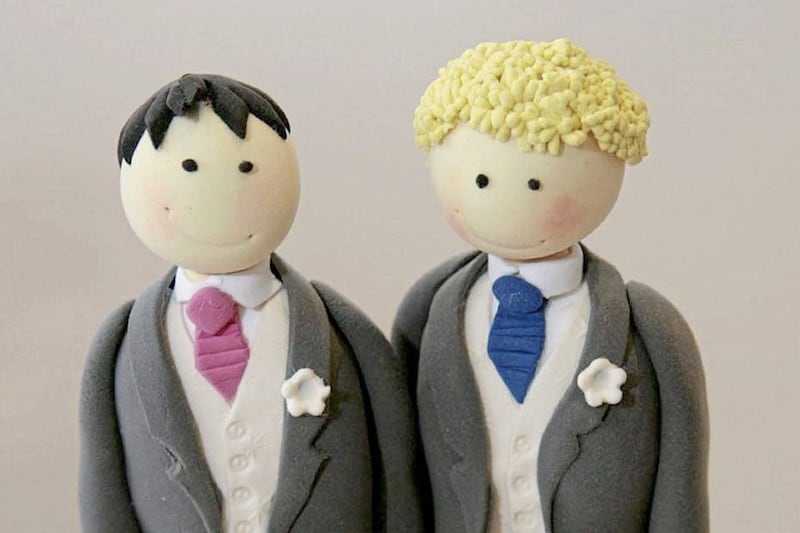A gay couple whose marriage in England is only recognised as a civil partnership in their native Northern Ireland are suffering unlawful discrimination, the Court of Appeal heard today.
Senior judges were told the situation amounts to a violation of the two men's human rights.
Granted anonymity in the case, the petitioner 'X' and his husband wed in London in 2014.
But under current laws they can only be classified as civil partners in Northern Ireland, an alleged "downgrading" of their relationship.
They are attempting to secure a declaration that their marriage remains fully constituted throughout the United Kingdom.
In August last year a High Court judge dismissed the case after identifying no breach under European law.
He held that it was up to government and parliament to provide same-sex marriage rights, not the courts.
But Petitioner X is now seeking to have that verdict overturned. His lawyers stressed the case was about the right to equal recognition of an existing marriage performed in the UK under the law of Northern Ireland, and the related entitlement to remain married throughout the UK.
Karen Quinlivan QC, for X, argued that any heterosexual couples who wed in England remain married if they move to Northern Ireland.
The current situation facing her client is "derogatory and undermines his marriage", she contended. Explaining his status to people at work has caused him stress and uncertainty, the court heard.
The petition, backed by gay rights group The Rainbow Project, was taken against the Northern Ireland Assembly and the British government. Legislation passed in the rest of the the UK and the Republic of Ireland allows same-sex couples to marry.
However, Stormont has repeatedly refused to introduce the same change in the law.
Lawyers for X and his husband claimed their rights to privacy and family life, religious freedom and entitlement to marry under the European Convention on Human Rights have all been violated. They insist their case differs from the separate legal bid to have the same-sex marriage laws extended to Northern Ireland.
Downgrading a marriage validly recognised in England, Wales and Scotland to civil partnership status in Northern Ireland amounts to an unlawful interference, it was argued.
X and his husband were able to wed in England following the introduction of the Marriage (Same-Sex Couples) Act 2013. But lawyers for UK government Equality Office (GEO) have countered that there was never intended to be a "one size fits all" approach to the issue across the regions.
A gay couple's ability to get married in England and Wales was a matter of policy rather than a legal obligation, according to their case.
The hearing continues.








